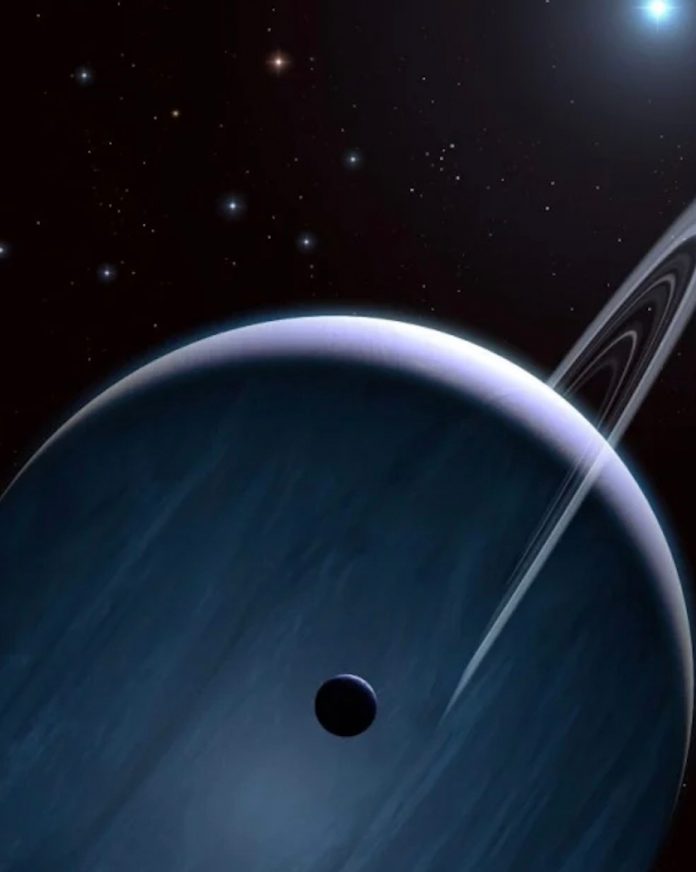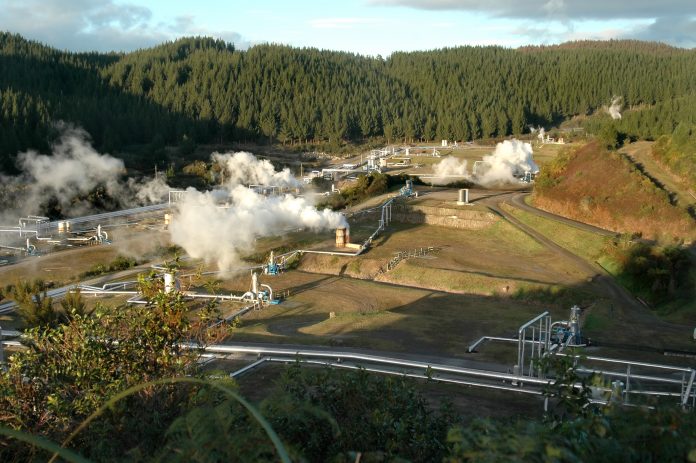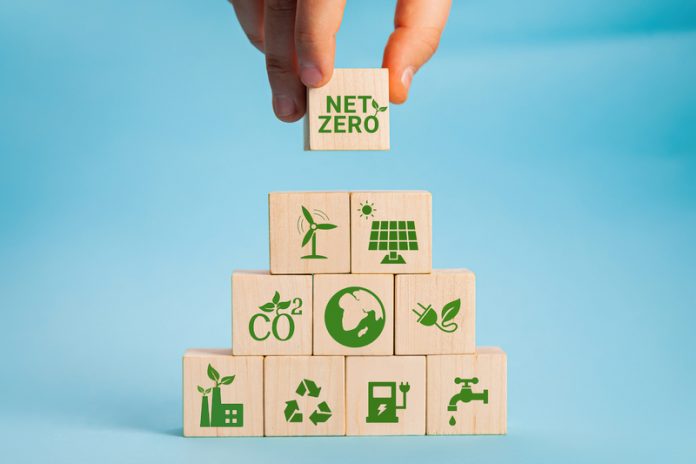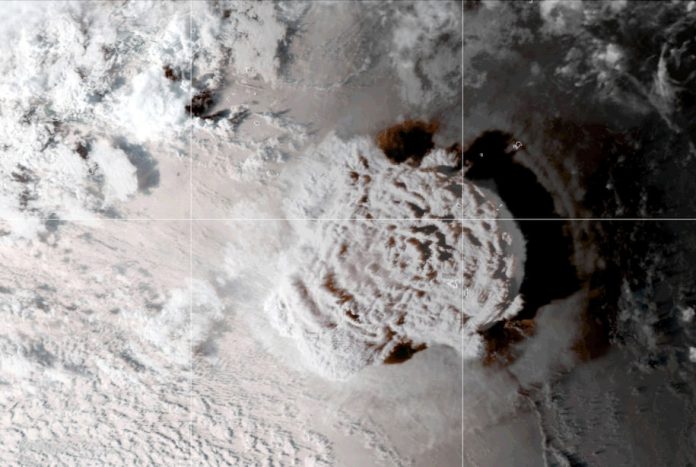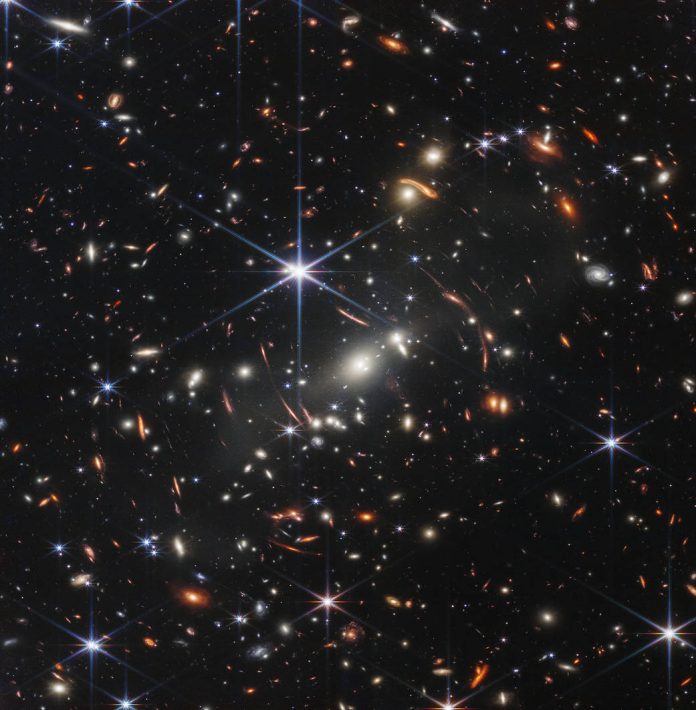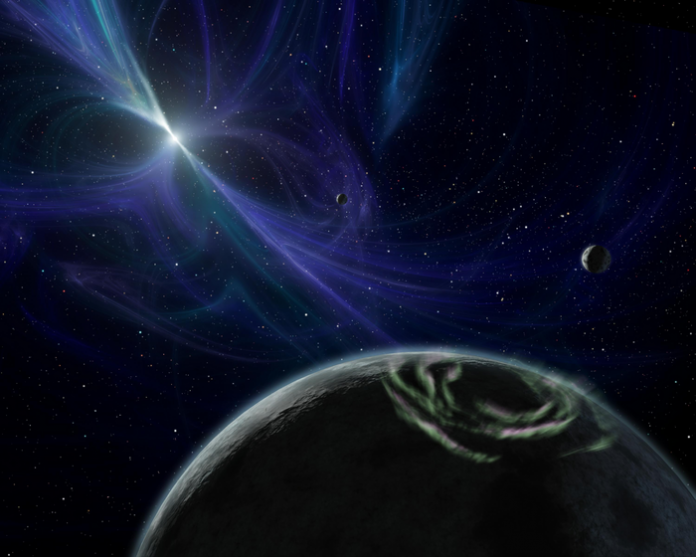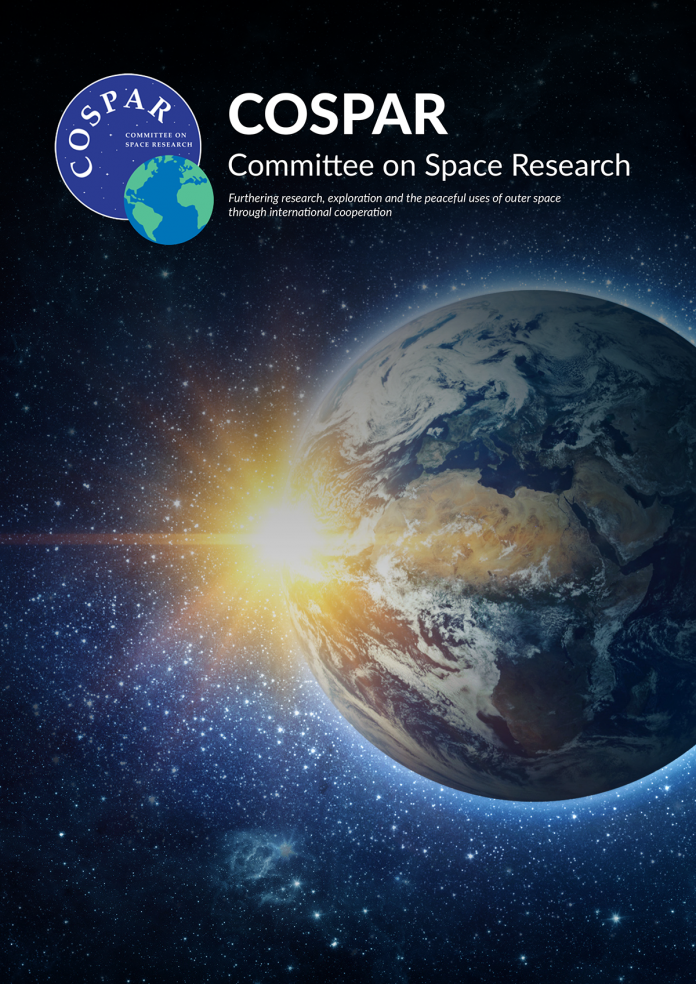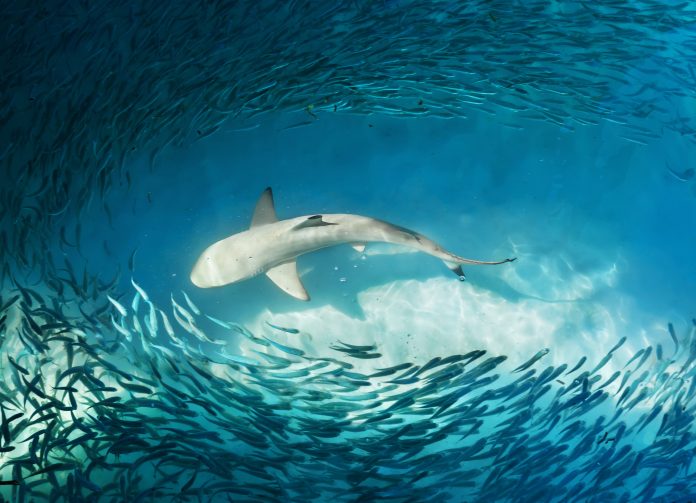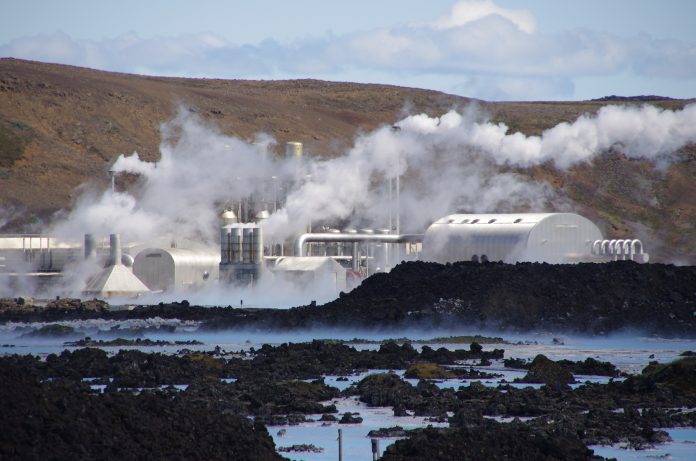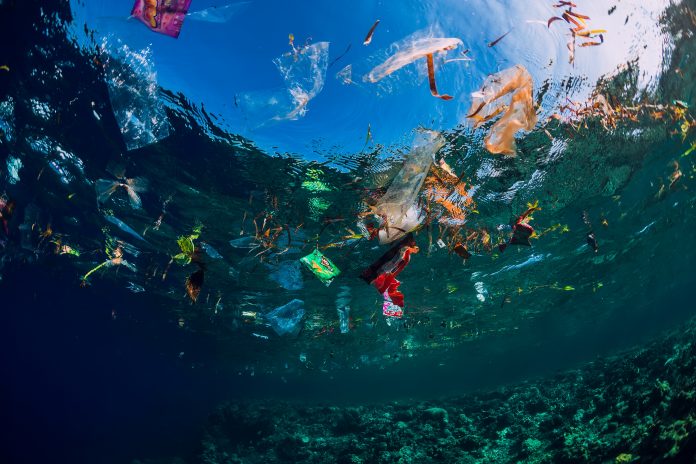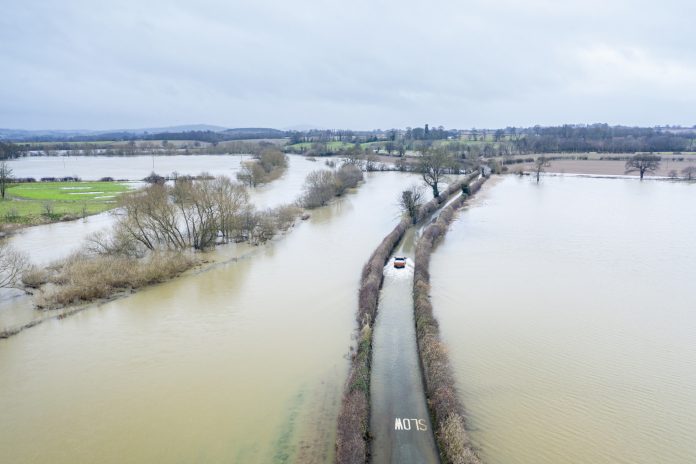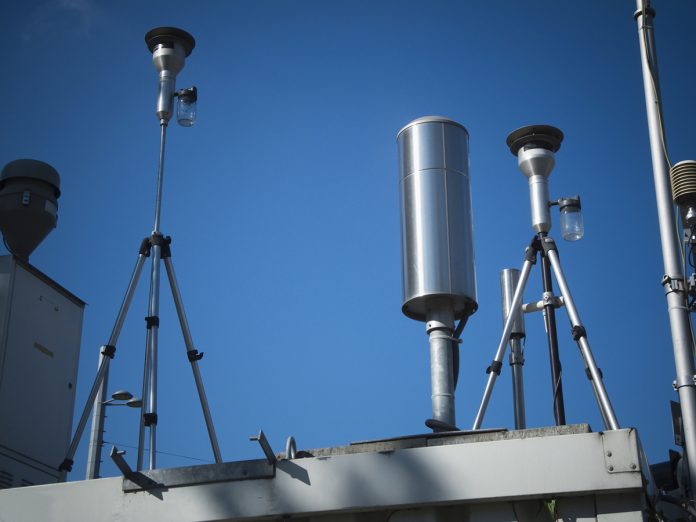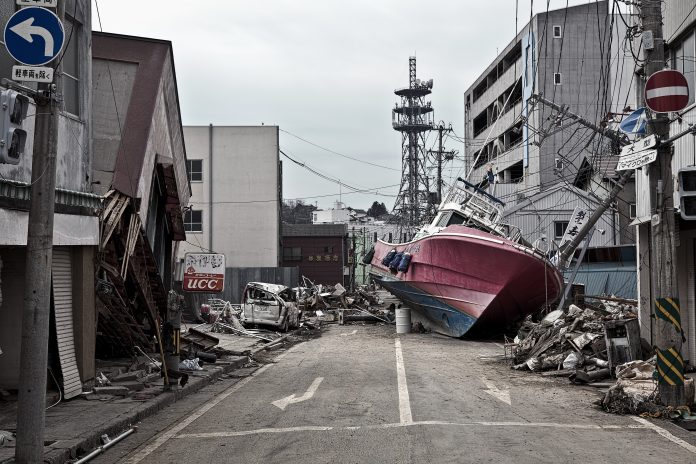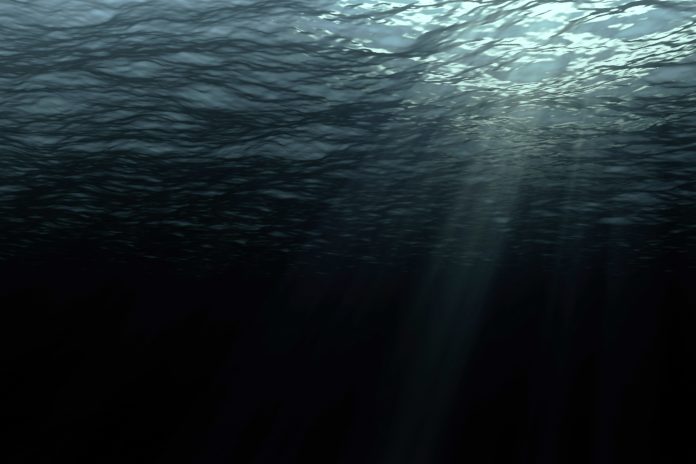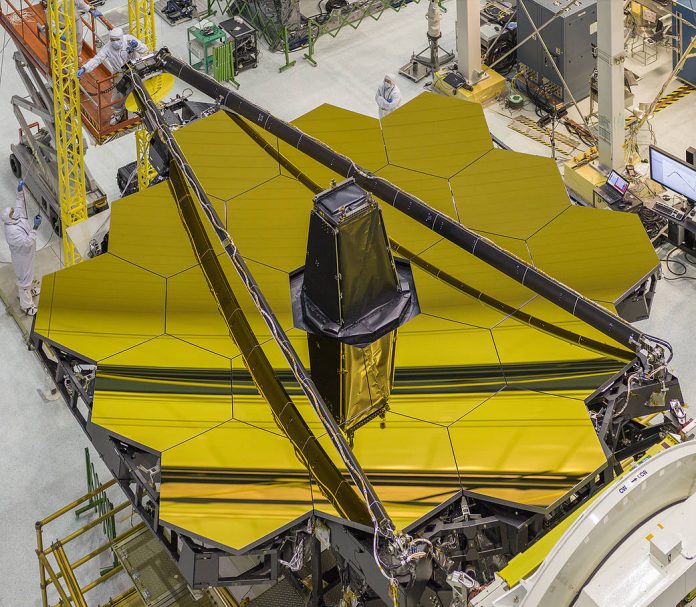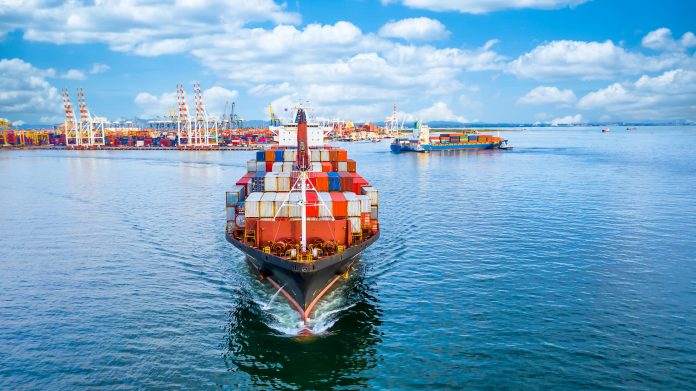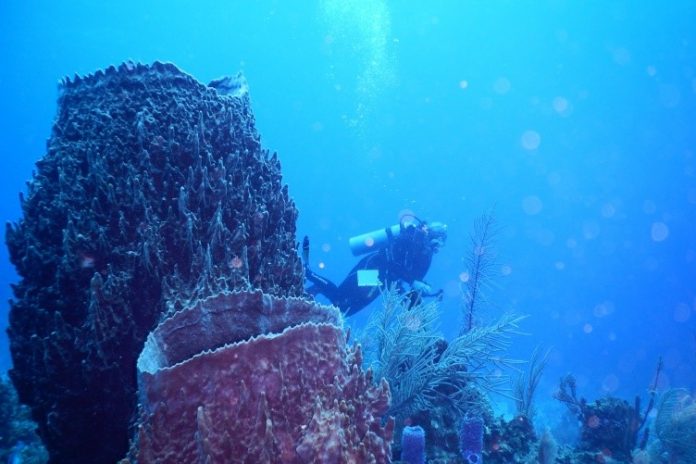Open Access Government produces compelling and informative news, publications, eBooks, and academic research articles for the public and private sector looking at health, diseases & conditions, workplace, research & innovation, digital transformation, government policy, environment, agriculture, energy, transport and more.
Home Search
earth systems - search results
If you're not happy with the results, please do another search
Planetary heist: how can planets get stolen by massive stars?
Research shows how Jupiter-sized planets can be stolen or captured by massive stars in what is colloquially described as a planetary heist.
Geothermal energy in the clean energy transition
Aarthi JanakiRaman & Shrinivas Tukdeo from TechVision, Frost & Sullivan, tell us what we need to know about geothermal energy and its role in the clean energy transition.
Improving microbial electrosynthesis with novel cathode modifications
Professor Arpita Bose discusses how iron-based mediators can enhance electron uptake in electrotrophic bacteria, which are employed as biocatalysts in microbial electrosynthesis technologies.
The Tonga volcano eruption caused a 90-metre-high tsunami wave
The tsunami wave created by the Tonga volcano eruption reached over 90 metres in height, which is approximately nine times taller than the Japan tsunami in 2011.
Viewing the universe anew: James Webb reveals its first infrared image
NASA has released the first official image from its current large-scale telescope project – the James Webb Space Telescope. Enabling America to "go places no one has ever gone before"
Understanding pulsars: exploring the first exoplanet detections
A survey of 800 pulsars by Jodrell Bank over the last 50 years has revealed less than 0.5% of all known pulsars could host Earth-mass planets.
COSPAR – Committee on Space Research
The Committee on Space Research (COSPAR) is working behind the scenes—and onstage—to safeguard scientific activities in and about space that benefit society today.
Oceans and the circular economy
Open Access Government charts the priorities of Virginijus Sinkevičius, European Commissioner for Environment, Oceans and Fisheries, particularly concerning the role of oceans and the circular economy.
Renewable geothermal energy: A climate champion
Gudlaugur Thór Thórdarson, Minister of the Environment, Energy and Climate in Iceland, discusses renewable geothermal energy, which in his opinion, is a climate champion for the clean energy transition.
Engineering solutions for ecological problems
Christine M. Cunningham, Professor at The Pennsylvania State University, discusses engineering solutions for children to help solve ecological problems
Uncertainty in sea-level rise & how can we use it as a tool
Sandy Avrutin, Ocean and Earth Science Postgraduate Researcher, National Oceanography Centre at the University of Southampton, describes the uncertainty in sea-level rise, what it is & how we can use it as a tool.
Research priorities for sustainability science
Future Earth highlights pertinent research gaps and suggests forthcoming fields of research in the field of sustainability science.
How can we use AI to fight air pollution?
Martin Schultz at the Jülich Supercomputing Centre, Forschungszentrum Jülich, Germany, discusses the potential of AI to combat air pollution.
A piece of the puzzle into climate research: freshwater wetlands microbes
Emily Davenport and Arpita Bose discuss the case for freshwater wetlands as vital pieces of the solution for climate change and sustainable energy synthesis.
Dr Xiuquan (Xander) Wang, P.Eng. – University of Prince Edward Island
Dr. Xiuquan (Xander) Wang is an Associate Professor in the School of Climate Change and Adaptation at the University of Prince Edward Island (UPEI).
11 years on: Cancer patients sue operator for Fukushima disaster
Tokyo court hearings are underway for almost $5 million in damages, for six individuals who developed thyroid cancer as a result of the Fukushima disaster.
Deep ocean warming to increase by 0.2°C in the next 50 years
Scientists say deep ocean warming will increase by 0.2°C, as they find excess heat from the subtropical North Atlantic - at depths of 700m.
James Webb Space Telescope takes photo of satellite galaxy
The James Webb Space Telescope, now fully calibrated, has taken an image of a neighbouring satellite galaxy.
Sustainability, critical raw materials and batteries
Dumitru Fornea, Member of the European Economic and Social Committee, takes a look at sustainability, critical raw materials and batteries
Genomic time machine to understand sea sponge evolution
Key to the health of coral reefs, scientists reveal that sea sponges are among the earliest animals to ever grace planet earth

